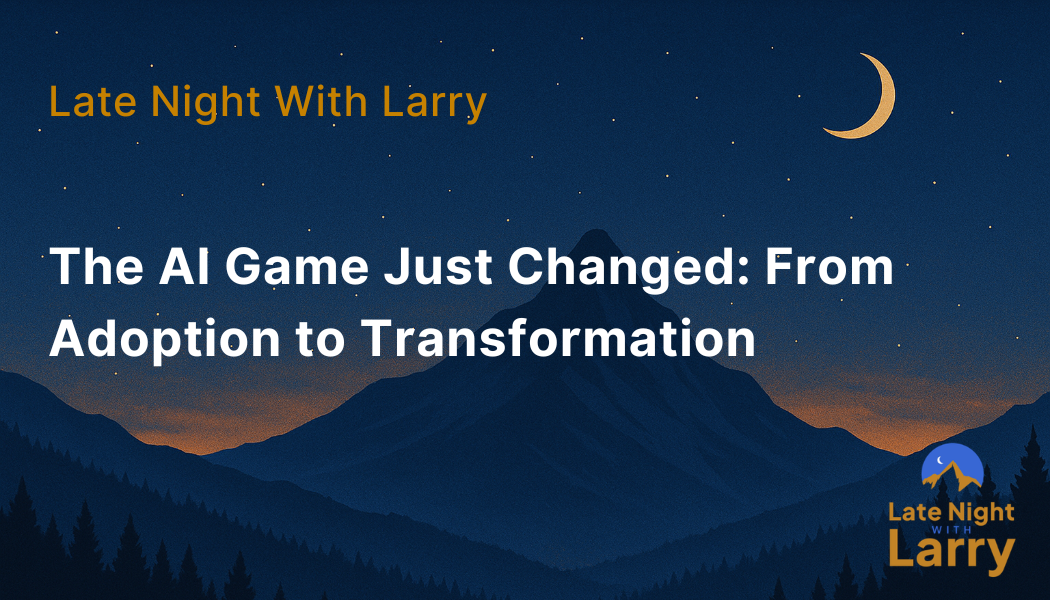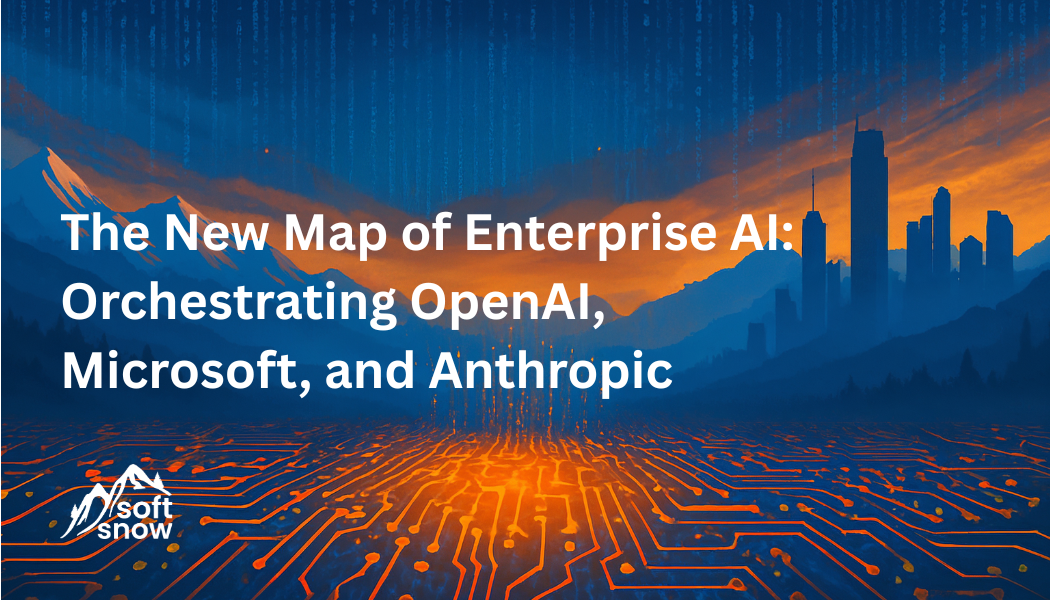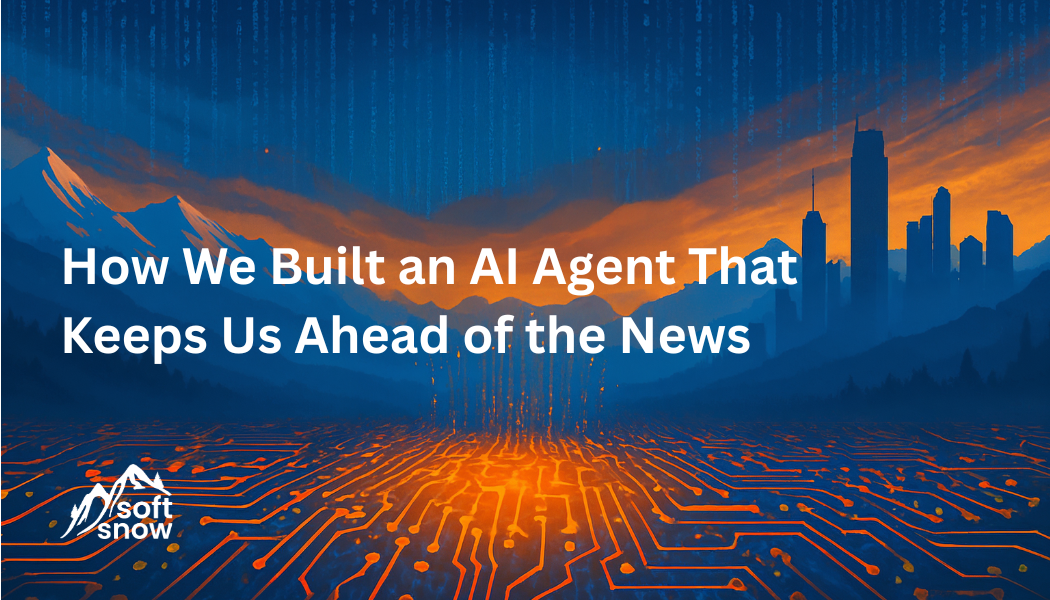.png)
This week’s developments focus on making sophisticated AI capabilities more accessible, efficient, and immediately valuable for users across the spectrum.
________________________
OpenAI Enters the Browser Wars with ChatGPT Atlas: The First AI-Native Web Experience
OpenAI has launched ChatGPT Atlas, an AI-enabled web browser that reimagines how users interact with the internet. Now available globally for macOS (with Windows, iOS, and Android support coming soon), Atlas integrates ChatGPT directly into the browsing experience, allowing users to converse with the web instead of relying on traditional search or URLs.
CEO Sam Altman described Atlas as a “once-in-a-decade opportunity” to reinvent how people use browsers, positioning it as a direct challenger to Google Chrome. Users can ask questions, create content, or complete tasks in one place. Atlas also learns from browsing patterns to offer smarter, more personal recommendations.
Atlas’s Agent Mode lets AI agents handle tasks directly inside the browser, like building shopping lists or drafting emails, though this feature is currently limited to Business, Plus, and Pro users. The launch marks OpenAI’s first major step into the “AI browser wars,” joining competitors like Google’s Gemini-powered Chrome, Perplexity’s Comet, and Opera’s AI integrations, all racing to redefine the future of web interaction through intelligent, conversational interfaces.
SoftSnow Take:
OpenAI’s launch of ChatGPT Atlas represents a glimpse into the next era of the internet, one defined by conversation instead of clicks. By embedding intelligence directly into the browsing experience, OpenAI is reframing what it means to explore, search, and act online.
For enterprises, this shift is especially significant. The browser has long been a static gateway to information; Atlas turns it into a dynamic workspace where agents, context, and data flow together. Imagine customer research, workflow execution, and even transactions happening seamlessly through dialogue.
At SoftSnow, we see Atlas as part of a broader trend where AI becomes the interface, not an add-on, but the operating layer of the digital experience. The organizations that adapt early will build entirely new ways to learn, sell, and serve through AI-native environments.
________________________
Anthropic Enters Life Sciences with Claude: Accelerating Discovery Through AI Collaboration
Anthropic has launched Claude for Life Sciences, its first dedicated platform for scientific research, designed to help researchers accelerate discovery across every stage of the R&D process. Built on Anthropic’s existing Claude AI models, the platform integrates directly with key industry tools such as Benchling, PubMed, 10x Genomics, and Synapse.org, enabling scientists to connect data, automate workflows, and draft research documentation seamlessly.
The launch marks Anthropic’s first major step into life sciences, a move that could reshape how researchers use AI in real-world science. The company envisions Claude becoming a foundational platform for scientific work, similar to how it already dominates AI coding applications.
In demonstrations, Claude for Life Sciences was shown generating reports, analyzing dosing studies, and drafting regulatory documents in minutes, tasks that previously took days. Anthropic says that the goal is to eliminate inefficiencies across the discovery lifecycle. With partnerships spanning KPMG, Deloitte, AWS, and Google Cloud, the company is positioning Claude as an enterprise-grade system for AI-enabled research, bridging human expertise and computational reasoning to advance global innovation in the life sciences.
SoftSnow Take:
Claude for Life Sciences is a pragmatic blueprint for where enterprise AI delivers real value: tighter integration, domain depth, and end-to-end workflows. Rather than promising faster trials, Anthropic focuses on the steps that truly slow research down: from searching papers to reconciling lab data.
For life-science organizations, the productivity gains come from connecting AI to the systems scientists already use (Benchling, PubMed, 10x) and wrapping that capability in governance and partner support. That’s how you move from isolated pilots to repeatable, auditable pipelines spanning discovery to submission.
At SoftSnow, this reflects exactly how we approach AI transformation: begin by connecting the right tools, track measurable time savings, and expand once results are clear. The real advantage comes from redesigning how research happens. When scientists spend less time gathering data and more time interpreting it, AI becomes a catalyst for faster, smarter discovery.
________________________
GM Drives Into the AI Era with Google Gemini-Powered In-Car Assistant
General Motors announced it will integrate Google’s Gemini AI assistant into its vehicles beginning in 2026, bringing conversational intelligence to cars, trucks, and SUVs across its Buick, Chevrolet, Cadillac, and GMC brands. The feature, introduced at GM’s Forward event in New York City, builds on the automaker’s existing “Google built-in” ecosystem, which already includes Google Maps and Assistant.
The Gemini-powered system represents a major leap in natural voice interaction, addressing common frustrations with traditional assistants like poor accent recognition or rigid phrasing. With Gemini, drivers can plan routes with multiple stops, send messages, prep for meetings, or ask about local landmarks, all through natural conversation.
The assistant will also connect to OnStar for real-time vehicle insights, enabling personalized alerts, route suggestions, and pre-entry climate control. Available via over-the-air updates for 2015+ OnStar-equipped models, the integration underscores GM’s broader strategy to evolve toward domain-trained, privacy-centric AI systems. GM emphasized that users will control data permissions and that collected information will be used solely to improve performance, not sold to third parties.
By blending Gemini’s reasoning capabilities with automotive data, GM is signaling the arrival of AI as a true co-pilot for everyday driving.
SoftSnow Take:
GM’s integration of Google Gemini marks a milestone in the convergence of AI, mobility, and personalization. This is about transforming the vehicle into an intelligent companion that understands context, adapts to the driver, and integrates seamlessly with daily life.
For enterprises, GM’s move mirrors a larger shift: AI is leaving the desktop and entering the environment, in cars, factories, hospitals, and retail spaces. The goal is contextual intelligence that makes experiences more natural, responsive, and human.
At SoftSnow, we see this as a preview of the connected AI ecosystems of the future. Success depends on trust, transparency, and user control, principles GM seems ready to embrace. The companies that get this right will move beyond transactions into relationships, where AI becomes a trusted co-pilot for both business and life.
________________________
These rapid developments demonstrate both the urgency and opportunity of this moment. The good news? Meaningful AI implementation doesn't require enterprise-scale resources or massive infrastructure investments.
The most successful AI transformations aren't about chasing every new capability; they're about identifying where technology can solve real business problems and empower your existing teams. Whether you're building infrastructure, creating new user experiences, or seeking competitive advantages, the key is approaching AI with purpose and practicality.
At SoftSnow, we understand that successful AI adoption isn't just about acquiring technology: it's about thoughtful integration that enhances human potential rather than replacing it, allowing teams to work smarter and achieve more while staying true to core business objectives. Contact us today to learn more.





